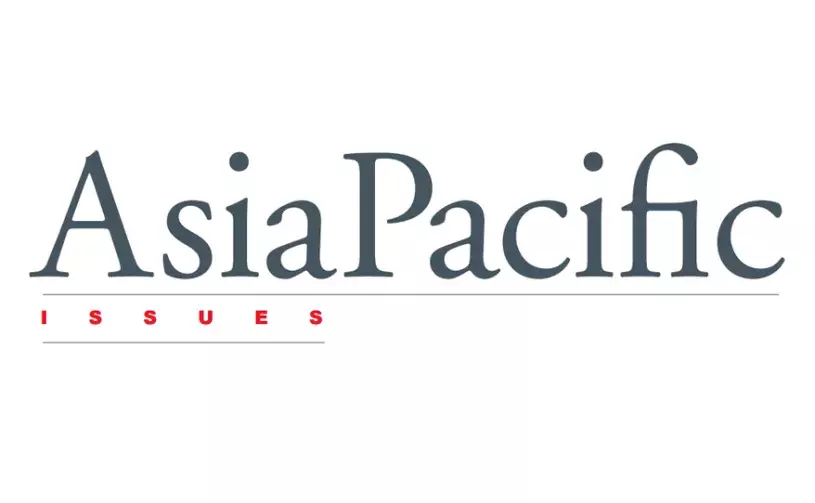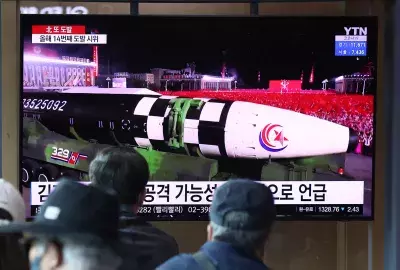Error message

For half a century the United States and South Korea have been united in an alliance that has simultaneously contained North Korea and projected American power into Northeast Asia. Now that alliance is being questioned by many South Koreans, whose country has developed from a poor, authoritarian state into the world's 11th largest economy and a vital democracy. Along the way South Koreans' views of themselves and of other nations have changed. Improved relations with China and Russia, and a policy of engagement with North Korea, have reduced the country's dependence on the United States and South Koreans' tolerance for what they view as American arrogance and unilateralism. Indeed, Koreans today view their Cold War allies (the United States and Japan) more negatively than their Cold War enemies (North Korea and China), a situation that would have been unimaginable a decade ago. The poorly coordinated North Korea policy of Seoul and Washington appears to be a direct cause of anti-Americanism, which will grow unless the two countries develop a more equal, mutually acceptable relationship.
For half a century the United States and South Korea have been united in an alliance that has simultaneously contained North Korea and projected American power into Northeast Asia. Now that alliance is being questioned by many South Koreans, whose country has developed from a poor, authoritarian state into the world's 11th largest economy and a vital democracy. Along the way South Koreans' views of themselves and of other nations have changed. Improved relations with China and Russia, and a policy of engagement with North Korea, have reduced the country's dependence on the United States and South Koreans' tolerance for what they view as American arrogance and unilateralism. Indeed, Koreans today view their Cold War allies (the United States and Japan) more negatively than their Cold War enemies (North Korea and China), a situation that would have been unimaginable a decade ago. The poorly coordinated North Korea policy of Seoul and Washington appears to be a direct cause of anti-Americanism, which will grow unless the two countries develop a more equal, mutually acceptable relationship.







